Turkey’s S-400 batteries not to be integrated into NATO systems: Defense minister
Turkish Defense Minister Hulusi Akar says the highly advanced S-400 air defense systems that his country has bought from Russia will not be integrated into the systems of the NATO military alliance, and will be deployed independently.
Speaking in an interview with Bloomberg television news network on Thursday, Akar said Turkey will use the anti-aircraft weapon systems as a stand-alone weapon just like what Greece is doing with its Russian-built S-300 systems.
He added that Greece has the Russian S-300s in its inventory, along with some other NATO countries that use Russian-made weapons.
Akar highlighted that the Russian systems will not be integrated into the command and control infrastructure of NATO, but underlined that “Turkey is fulfilling all the responsibilities expected from NATO members.”
He noted that Turkey also expects its allies to understand Ankara’s legitimate security concerns and act accordingly.
Akar went on to say that Turkey had to buy S-400 missile systems from Russia as it was the only supplier responding to the country’s calls. “It was not an option but a necessity,” he pointed out.
Turkey still needs more air defense systems for the full protection of its airspace and may purchase alternative weaponry like the Patriot from the United States and SAMP/T from an Italian-French consortium, Akar said.
“Turkey has worked with all its allies on alternative systems and is ready to do so,” he said.
On a possibility of procurement of Patriot systems from the US, Akar stressed they can be purchased if the guarantees over technology transfer, joint production and delivery date are given to Turkey.
“We cannot accept them saying, ‘We sold them, but the Congress does not approve,’” he underlined.
Akar’s remarks came after the United States on Friday condemned Turkey after it reportedly carried out its first test of S-400 air defense systems.
The US State Department couldn't confirm the test, but warned of "potentially serious consequences" if Ankara activates the weapon, with the threat of sanctions hanging in the background.
"If confirmed, we would condemn in the strongest terms the S-400 test missile launch as incompatible with Turkey's responsibilities as a NATO ally and strategic partner of the United States," State Department spokesperson Morgan Ortagus said in an email.
"The United States has been clear on our expectation that the S-400 system should not be operationalized," she said.
Ankara and Washington have been at loggerheads over Turkey's purchase of the S-400 systems, which the United States says are not compatible with NATO defenses and pose a threat to Lockheed Martin F-35 stealth fighter jets.
Back in April 2018, Erdogan and his Russian counterpart Vladimir Putin said in Ankara that they had agreed to expedite the delivery of the S-400. At the time, it was said that the delivery could be made between late 2019 and early 2020.
The United States is categorically against Turkey’s purchase and suspended Turkey’s participation in the joint production of the fifth generation F-35 fighters.
The S-400 is an advanced Russian missile defense system designed to detect, track, and destroy planes, drones, or missiles as far as 402 kilometers away. It has previously been sold only to China and India.
Ankara is striving to boost its air defense, particularly after Washington decided in 2015 to withdraw its Patriot surface-to-air missile system from Turkish border with Syria, a move that weakened Turkey’s air defense.
Before gravitating towards Russia, the Turkish military reportedly walked out of a $3.4-billion contract for a similar Chinese system. The withdrawal took place under purported pressure from Washington.

Iraq warns Daesh threats `resurging’ in Syria
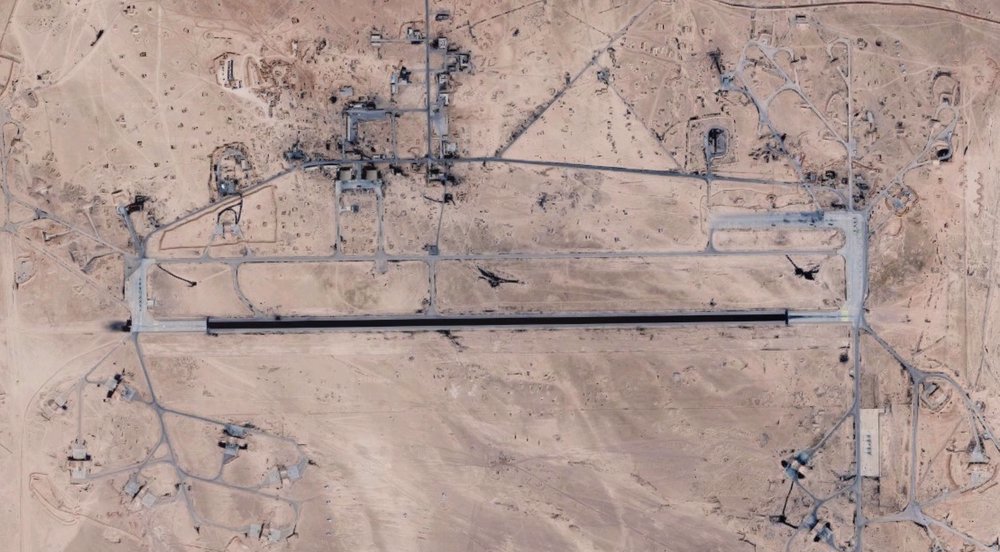
Turkey readies plans to take over Syria’s T4 airbase: Report

Hundreds of thousands rally in Istanbul to call for release of jailed mayor
More Palestinians fall victim as Israeli forces, settlers step up aggression across West Bank
VIDEO | German Conference sheds light on Scholasticide in Gaza
Iraq warns Daesh threats `resurging’ in Syria
Iran petroleum minister in Iraq to discuss enhanced energy cooperation
Iran: US talks focus on lifting ‘cruel sanctions’; no direct engagement amid threat, pressure
VIDEO | Nanostrike: Yttrium-90 and the fight against cancer
VIDEO | Iran-US indirect talks
VIDEO | An Insider's View of Iran: Kahak Village and Tehran Churches


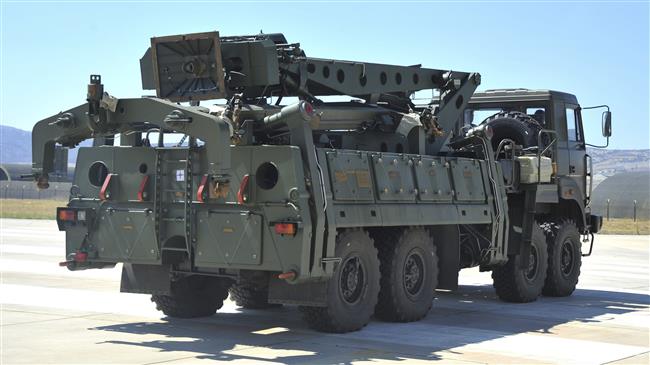







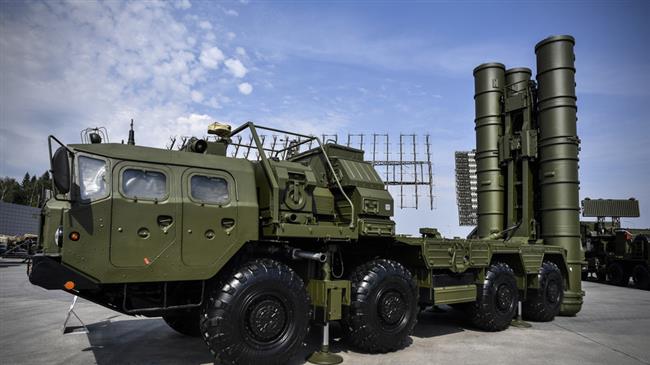

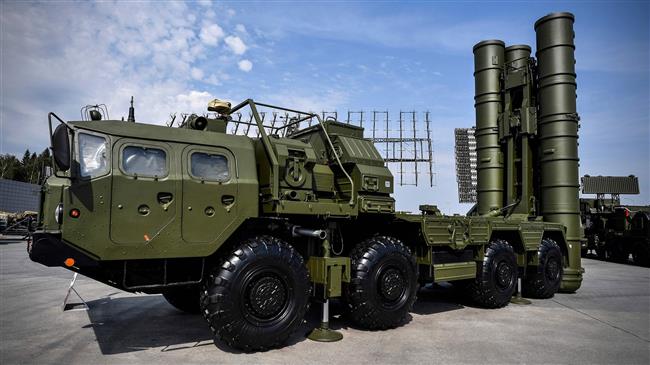
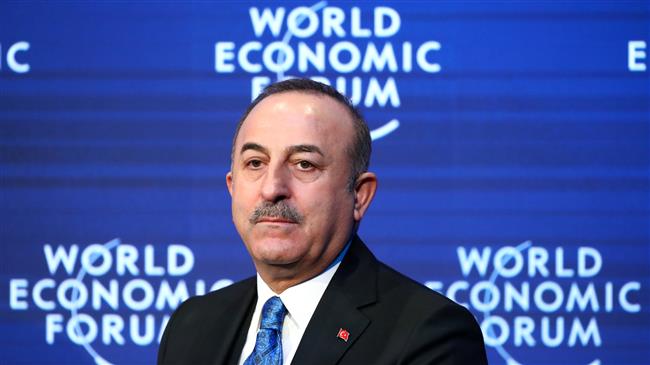
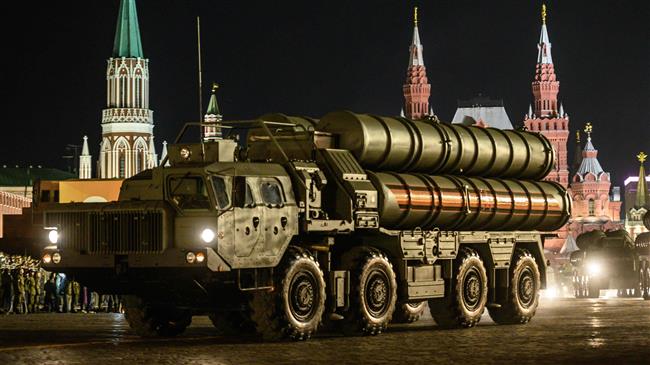
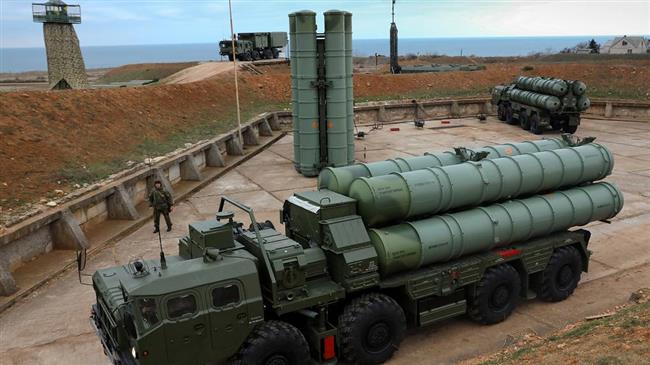
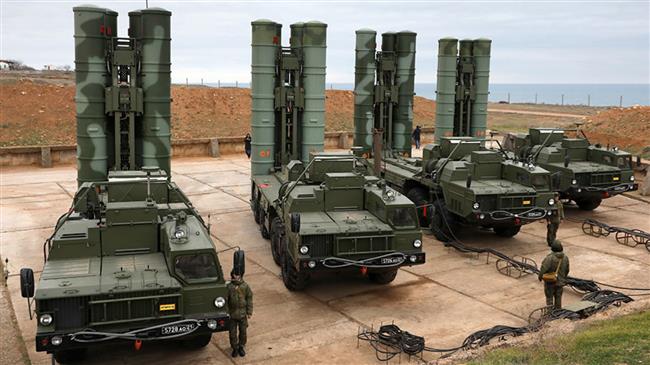
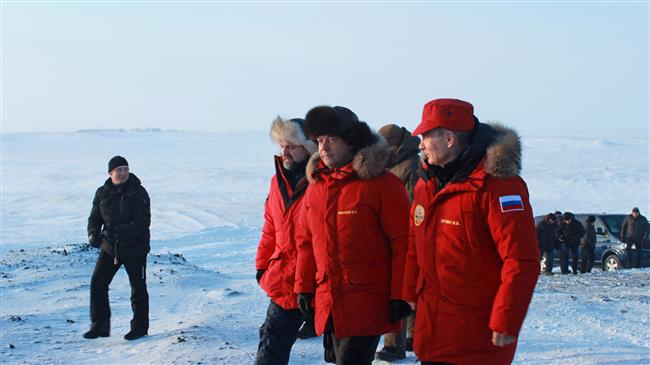
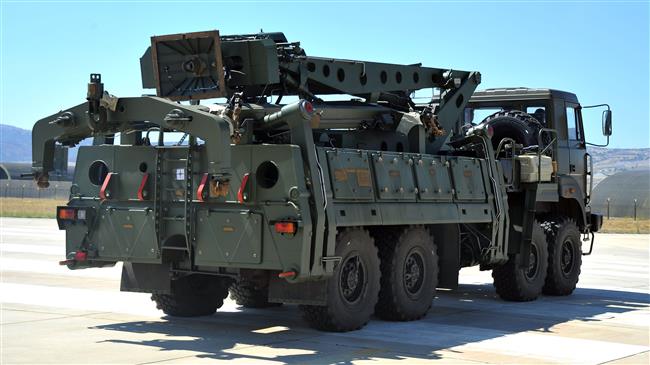

 This makes it easy to access the Press TV website
This makes it easy to access the Press TV website